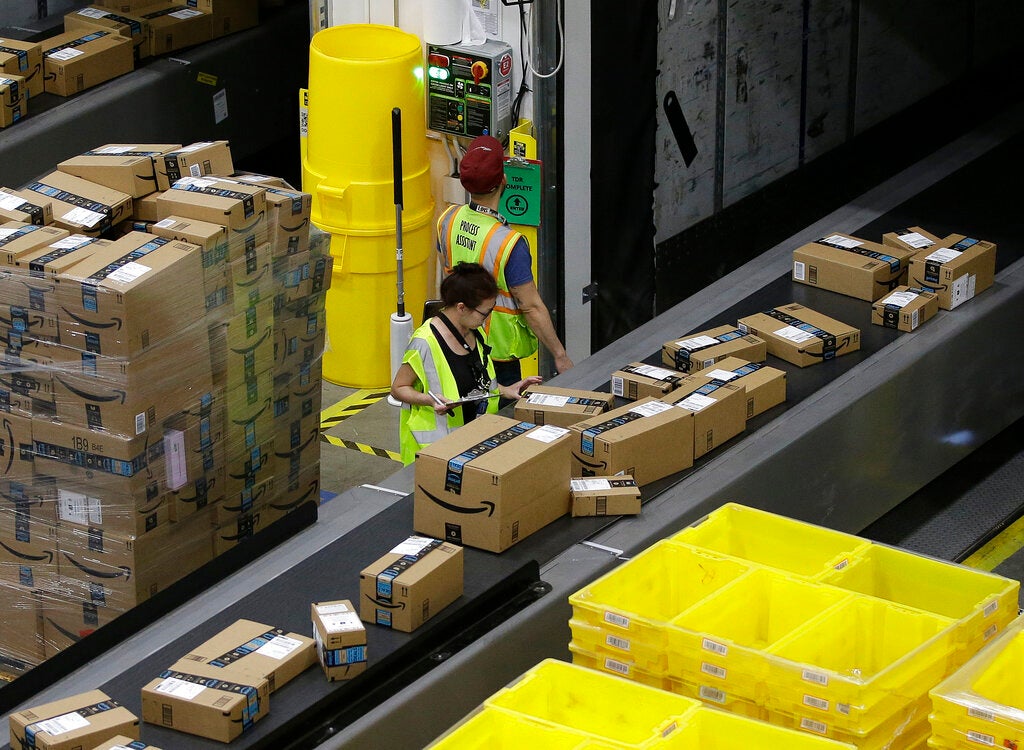The Wisconsin Supreme Court recently heard arguments in a case that could have significant implications for the state’s “gig economy” and how companies like Amazon contribute to a fund for unemployed workers. The case involves a dispute between Amazon Logistics, Inc. and multiple state agencies over more than $200,000 in delinquent taxes owed to Wisconsin’s unemployment insurance fund. The state contends that Amazon misclassified employees as independent contractors, leading to the tax liability.
The case originated from a 2018 audit by the Department of Workforce Development of Amazon Logistics, a company with a business model similar to companies like Uber and DoorDash. Employees of Amazon Logistics who participated in the “Amazon Flex” program would use a mobile app to sign up for delivery shifts, pick up packages from a warehouse, and follow a suggested route for deliveries. The state audited over 1,000 workers and found that the majority qualified as employees under state law, requiring Amazon to pay into the unemployment insurance fund.
During oral arguments, the Department of Workforce Development emphasized the importance of fair contributions to the state’s unemployment fund. They argued that misclassification of workers gives companies an unfair advantage and undermines the purpose of the fund. However, Justice Rebecca Bradley raised questions about whether gig workers like those at Amazon Logistics should be considered traditional employees eligible for unemployment insurance, given their flexibility in choosing when and how much to work.
The crux of the case lies in defining the term “employee” in the context of gig workers and determining who has the authority to make that determination. After initial rulings against Amazon Logistics by administrative bodies, the company challenged the decisions in court. Lower courts provided conflicting interpretations of the criteria for classifying workers as independent contractors, with LIRC finding that only one criterion was met, while a circuit court judge ruled that all nine criteria were satisfied.
Amazon’s attorney argued that the flexibility and independence of gig workers in the Amazon Flex program should exempt them from being classified as employees. However, the case could set a precedent for how Wisconsin’s independent contractor law applies to gig workers, marking the first time the state’s highest court addresses this issue. Some justices expressed a willingness to defer to the expertise of the DWD and LIRC in interpreting unemployment law.
The outcome of this case could have far-reaching implications for the gig economy in Wisconsin and beyond. It highlights the ongoing debate over the classification of gig workers and the obligations of companies towards their workforce. As the Wisconsin Supreme Court deliberates on this matter, the decision will shape the future of how gig workers are treated under state law and could impact similar cases in the future.



















